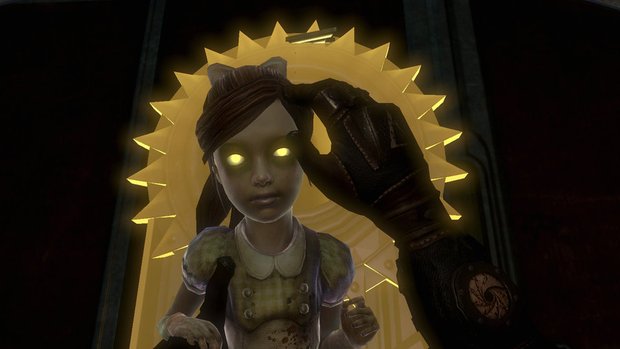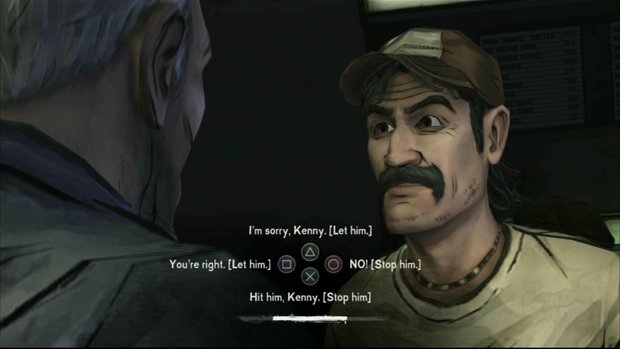Study suggests that players aren't being evil enough
Though common wisdom says that many players approach games with evil intent (play one Halo multiplayer match and you'll know what I mean), that may not be actually be true. In fact, a recent study on moral choice in narrative games suggests the exact opposite: most players gravitate toward morally upright choices, and don't find pure evil tempting.

Discussing her work at GDC 2015, researcher and Microsoft "technical evangelist" Amanda Lange noted that she was inspired to investigate the topic after hearing a PAX 2013 talk by Peter Molyneux, where he claimed, "We spent months and months and years crafting the evil side of Fable, and only 10% of people did the evil side." Data-mining shows the percentage of 'evil' playthroughs is higher than that, according to Lange (who claims the breakdown is usually 60% good, 40% evil), but she noted that isn't necessarily the whole picture. "A lot of people I talk to, they just play the game twice. 'I'm gonna be the good guy the first time... and the bad guy the second time, if I get around to it.'"
To determine how closely these figures matched reality, Lange conducted a survey of 1000 players, asking what moral choices they made in games and if the number of times they played through affected their decision-making. For the one-playthrough crowd, the results were striking: about 60% played exclusively good, and only 5% played exclusively evil, with close to 35% deciding on a case-by-case basis. Two-game players did roughly the same on their first playthroughs, but tended to be eviler on the second go, with roughly 50% shifting to the dark side. Lange also noted that some players in the study objected to evil acts they felt weren't warranted (like killing Parrthurnax in Skyrim or harvesting Little Sisters in BioShock) without rejecting evil choices entirely. They were just more likely to do dark deeds when decisions were more morally complex (like the ending of Spec Ops: The Line and choices in The Walking Dead).

While Lange acknowledges the study's shortcomings (it skewed 90% male, for instance, and had a relatively small sample size), she hopes that further research will help developers construct 'evil' content more thoughtfully, so players don't dismiss it out of hand. "They don't agonize over every choice if it's very black and white... [but] they love to have their boundaries tested, and they will come back and say, 'that was really powerful and great. Do it again.'"
(For those interested in the nitty-gritty of Lange's work, the published study results can be found here.)
Weekly digests, tales from the communities you love, and more
Former Associate Editor at GamesRadar, Ashley is now Lead Writer at Respawn working on Apex Legends. She's a lover of FPS titles, horror games, and stealth games. If you can see her, you're already dead.



